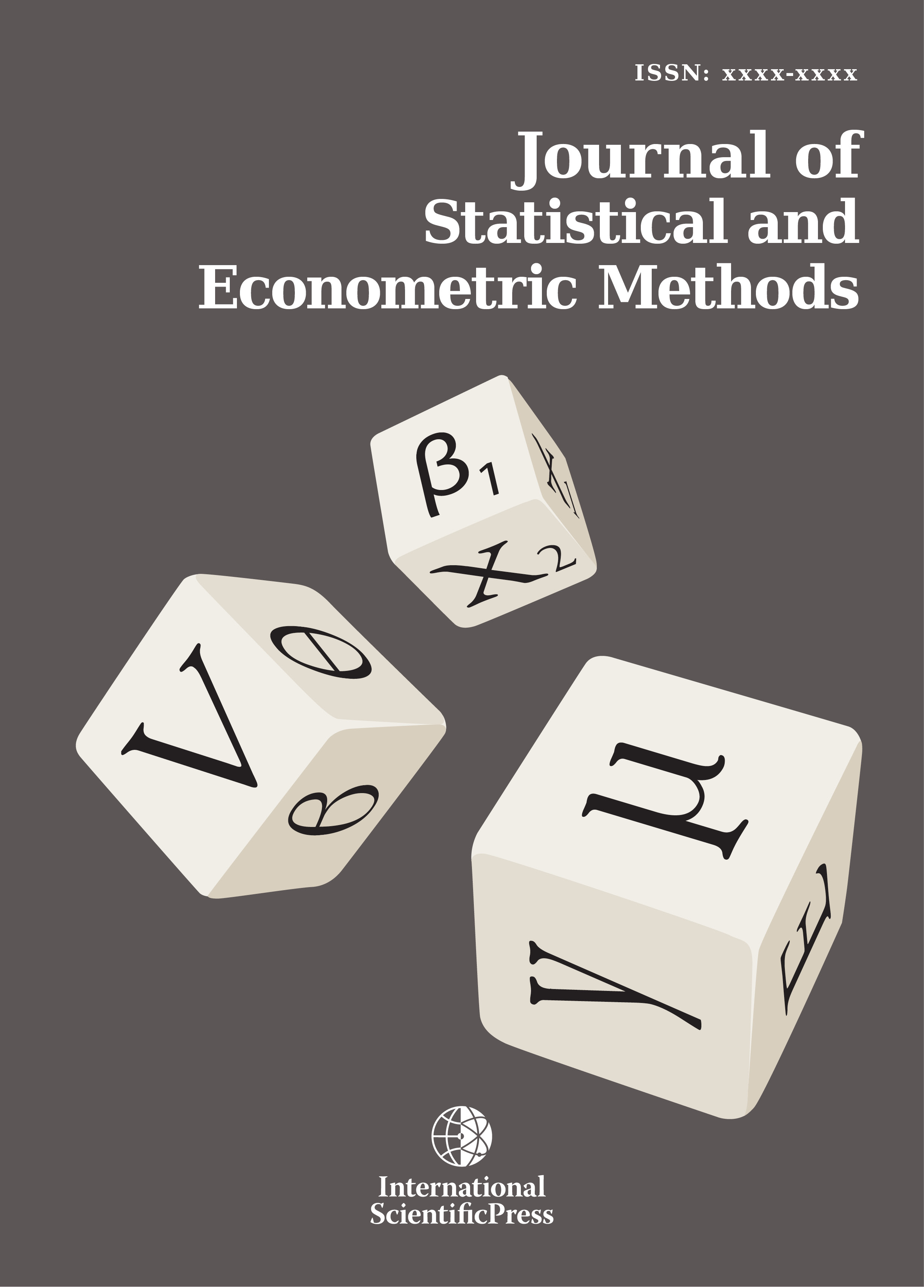Journal of Statistical and Econometric Methods
Effects of Personal Characteristics on Satisfaction with Life and Subjective Happiness: Estimates of Single Mediator Models Using SEM
-
 [ Download ]
[ Download ]
- Times downloaded: 677
Abstract
Since the onset of the COVID-19 pandemic, there has been an increased focus on research concerning individual well-being and its global impact. Understanding the factors that contribute to or detract from subjective well-being can enable practitioners to better support individuals affected by life events and crises. This study employs a single mediator model through structural equation modeling to explore the relationship between subjective happiness, life satisfaction, and subjective well-being. Furthermore, the model assesses whether these relationships are mediated by individual characteristics such as gender, social class, and relationship satisfaction. The paper presents the results of testing eight hypotheses related to Subjective Well-being, utilizing data from the Subjective Happiness Scale, the Satisfaction with Life Scale, the Brief Resilience Scale, the Relationship Assessment Scale, the Adverse Childhood Events inventory, the Adult Attachment Scale, and demographic information provided by the research participants.
JEL classification numbers: C1, C3, C4, C9.
Keywords: Structural equation modeling, Mediator model, Subjective well-being, Satisfaction with life, Resiliency, Adult attachment.
